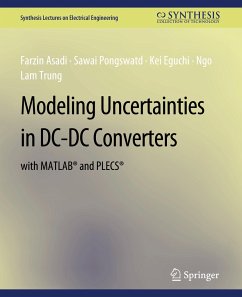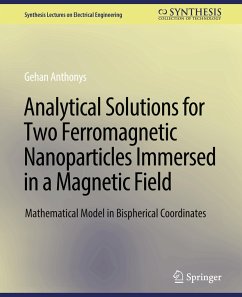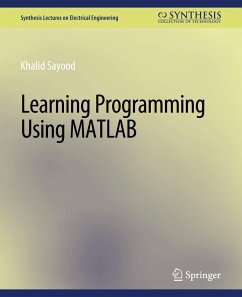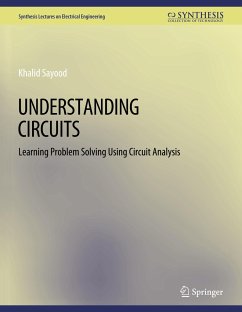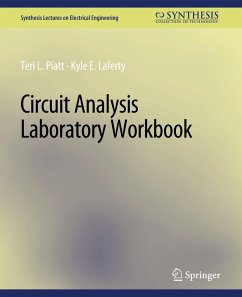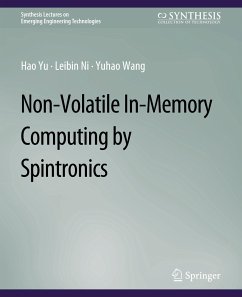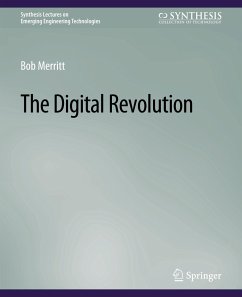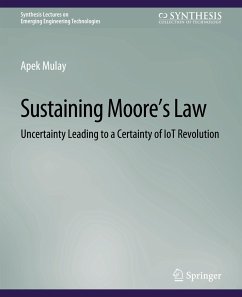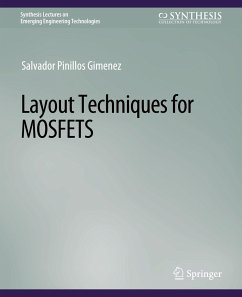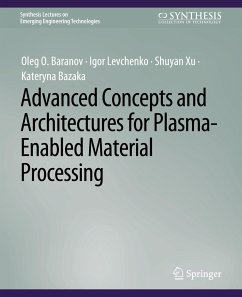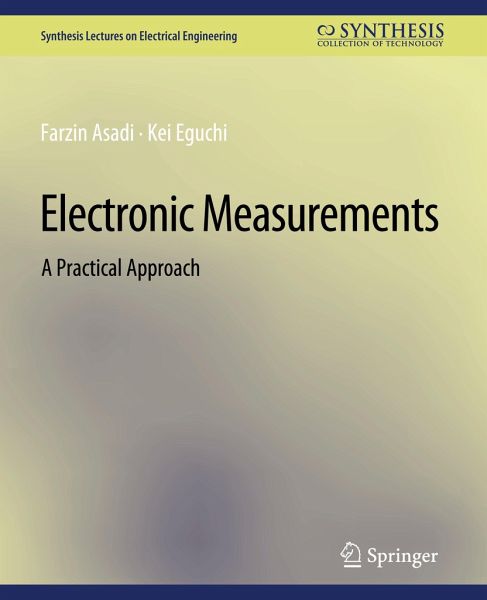
Electronic Measurements
A Practical Approach

PAYBACK Punkte
0 °P sammeln!
Measurement is the process of obtaining the magnitude of a quantity relative to an agreed standard. Electronic measurement, which is the subject of this book, is the measurement of electronic quantities like voltage, current, resistance, inductance, and capacitance, to name a few.This book provides practical information concerning the techniques in electronic measurements and knowledge on how to use the electronic measuring instruments appropriately. The book is composed of five chapters.Chapter 1 focuses on digital multimeters. You will learn how to use it for measurement of AC/DC voltages/cu...
Measurement is the process of obtaining the magnitude of a quantity relative to an agreed standard. Electronic measurement, which is the subject of this book, is the measurement of electronic quantities like voltage, current, resistance, inductance, and capacitance, to name a few.This book provides practical information concerning the techniques in electronic measurements and knowledge on how to use the electronic measuring instruments appropriately. The book is composed of five chapters.Chapter 1 focuses on digital multimeters. You will learn how to use it for measurement of AC/DC voltages/currents, resistance, connection test, and diode forward voltage drop test.Chapter 2 focuses on power supplies. Although power supplies are not a measurement device, they have an undeniable role in many measurements. So, being able to use power supplies correctly is quite important.Chapter 3 focuses on function generators. Like the power supplies, the function generators are not a measurement device in the first look. However, they play a very important role in many electronic measurements. So, being able to use a function generator correctly is an important skill any technician or engineer needs.Chapter 4 focuses on oscilloscopes. These days, digital oscilloscopes are the most commonly used tool in both industry and university. Because of this, this chapter focuses on digital oscilloscopes not on the analog ones which are almost obsolete.Chapter 5 focuses on drawing graph of data you obtained from your measurement. Visualization of data is very important in practical works. This chapter show how you can use MATLAB® for drawing the graph of your measurements.This book could be used a laboratory supplement for students of electrical/mechanical/mechatronics engineering, for technicians in the field of electrical/electronics engineering, and for anyone who is interested to make electronic circuits.





